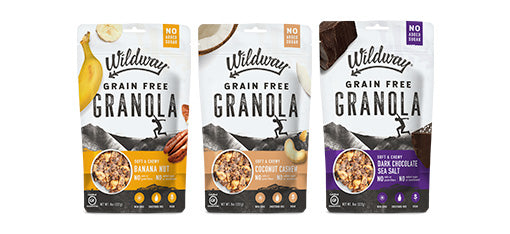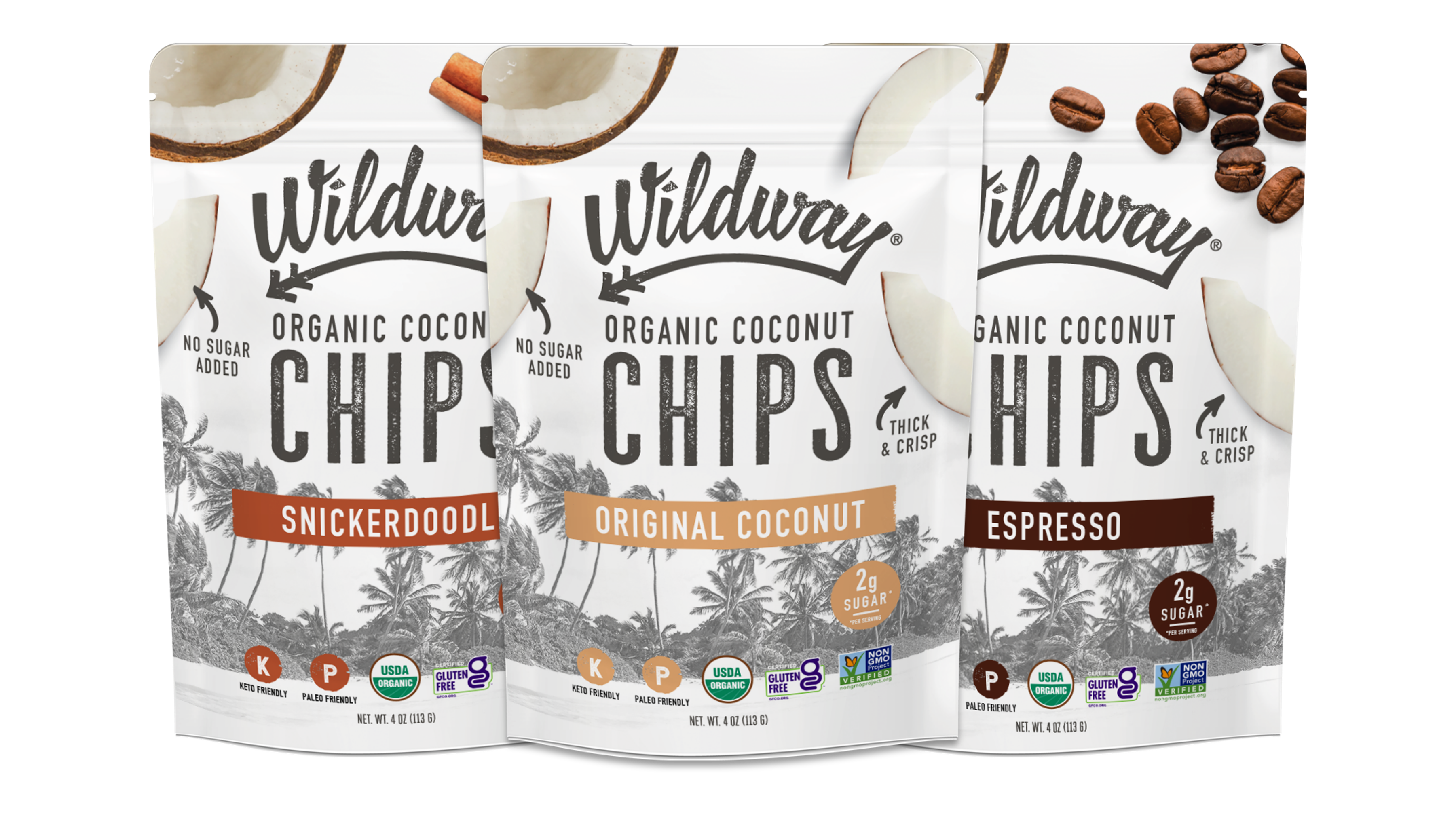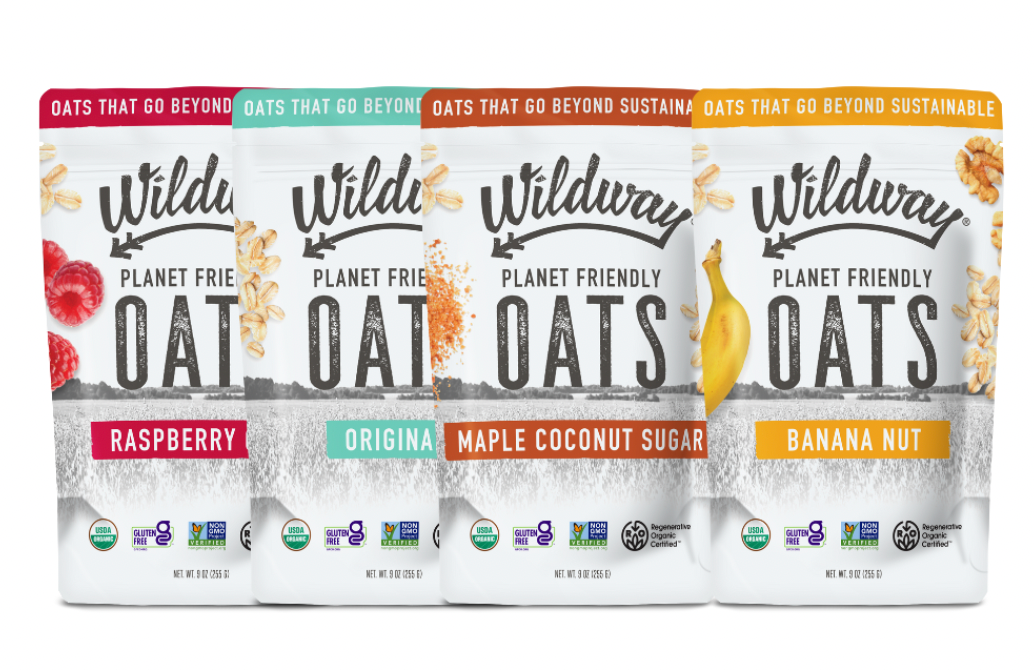When you look at a food product, where does your focus go first? To the aesthetic packaging, the nutrition facts, maybe the trendy label exclaiming “keto,” “heart-healthy,” “gluten-free?” Of all the things that catch our attention, only one factor holds far greater significance than any other, the ingredients. Here at Wildway, it’s no secret that we take pride in our simple and real ingredients like no other, and we’re here to share our reason for doing so.
Of all the reasons to eat, our top priority should be for fuel. When most people think of fuel they only take into account macronutrients, but vitamins, minerals, phytochemicals, and many other components should be considered. For all our bodies do for us, allowing us to push barriers, cross boundaries, overcome the impossible, and to simply exist, the least we can do is give back through the nutrients we choose to put into our bodies. Our bodies and overall wellbeing deserve more than what our taste buds crave and the impulses that overcome us. If you’ve read our articles on sugar alcohols and grains, then you understand our perception of unnecessary ingredients and the importance of being selective with what you choose to put in your body.
Our focus has shifted from simple and real ingredients to the number of calories, grams of fat, and grams of carbs in food. We are impressionable to the influence of the ads we see on TV, the “nutrition” articles we stumble upon, and even more so, that which we see on social media. Our nutrition is ours to take into our own hands and should not be so easily sculpted by the opinions and influences of others. The study of nutrition, compared to modern western medicine, is relatively new. New research is constantly being discovered and contradicting thoughts we held to be true. With all the fad diets that come and go, research that overturns old thoughts, one thing has remained constant through it all, real-food ingredients cannot be beat. The simpler, the better. If you can’t pronounce an ingredient or have no idea of its purpose or benefit, find another food that is worthy of putting into your body. We should know how the ingredients we are putting into our bodies equally effect it.
Many are under the impression that pursuing a healthy lifestyle is synonymous with pursuing an expensive one. That’s simply not the truth. Our bodies have thrived thousands of years without adaptogens, CBD, and whatever other food trends we’ve come to believe are absolutely necessary to be healthy. There’s no denying these things have shown to be helpful for the body in many ways, but they are by no means essential. As complex as our bodies are, it’s remarkable the simplicity of nutrition they require to function optimally. Similar to simplicity, nutrition can more often than not be as expensive as you choose to make it. Fruits, vegetables, and quality protein sources are what our bodies truly crave. From these three things, we can receive the vitamins, minerals, protein, phytochemicals, fiber, and other essential components.
The argument for organic is a completely separate topic we could write a whole novel on, but simply put, it is absolutely not necessary to buy organic to be healthy. We would advocate for people to eat more fruits and vegetables regardless of whether or not they can afford organic. If you are curious about buying organic but aren’t sure where to begin, then we recommend following the Dirty Dozen list. The dirty dozen lists the 12 top fruits and vegetables grown with the most pesticides and that are recommended to be bought organic if possible. On the other hand, the Clean Fifteen lists the opposite; these fifteen fruits and vegetables do not have to be bought organic due to low exposure to pesticides or characteristics such as thick peels that prevent perpetration. Fruits and vegetables can be some of the cheapest and healthiest ingredients to include in our diets and, overall, offer the body far more benefits than the $50 CBD tincture you’re splurging on.








